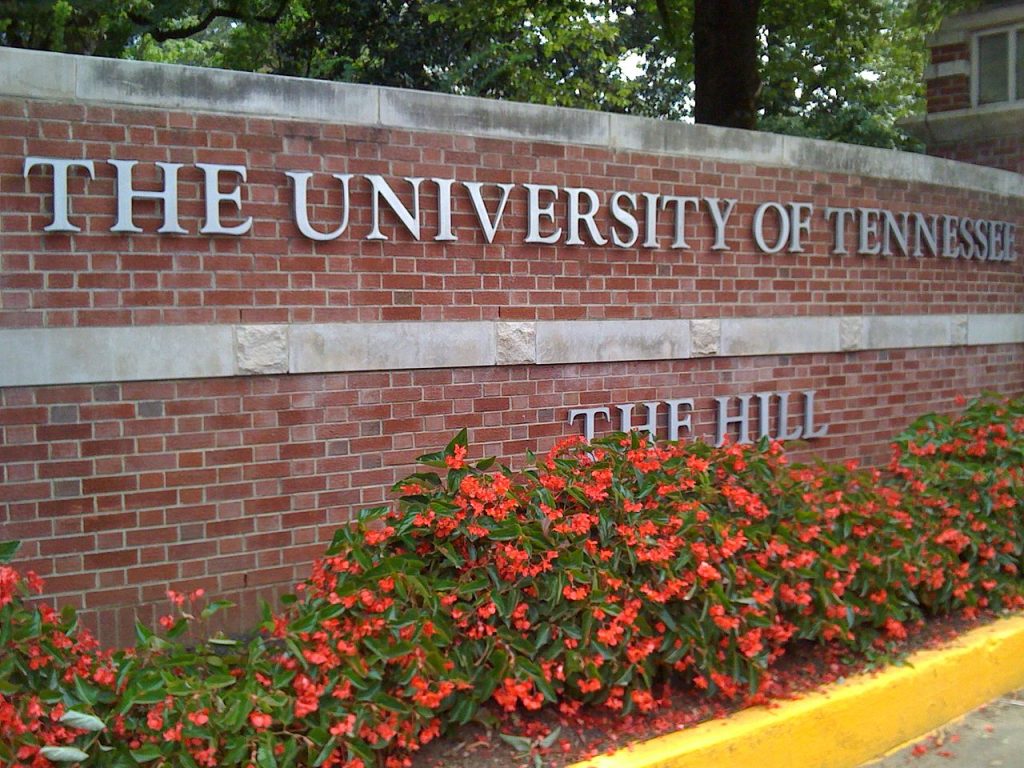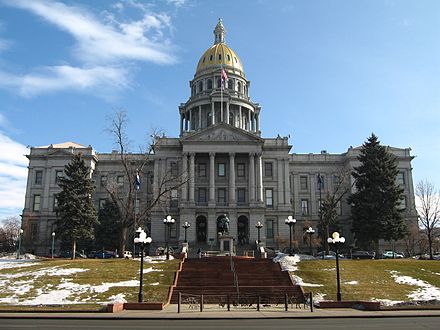Tennessee Bill Would Ban Fraternities and Sororities
Rep. John DeBerry Jr., a Democrat representing Memphis, introduced a bill in the state house this week to ban fraternities and sororities from state colleges and universities. The move comes in the wake of a year of hazing incidents that have been directly linked to the deaths of several undergraduates across the country, including LSU and Penn State.
“The continuation of assaults and hazing incidents and just bad behavior — not just in Tennessee, but all over the country — at some point in time, you have to force the argument and force the discussion,” DeBerry told Time.
Many universities across the nation have moved to suspend or restrict fraternities, while some schools have banned Greek Life organizations from serving alcohol at official events.
Incidents at Texas State, Florida State and others have led those schools to take action at against fraternity chapters. Earlier this week, a sorority at George Washington University was forced to terminate the memberships of three students after they were found to be responsible for a racist Snapchat post.
That followed a racist social media rant from a University of Alabama sorority member, who was expelled from the school shortly after the MLK Day outburst.
DeBerry’s proposed law would ban fraternities and sororities from being “recognized by, associated with, or operating on the campus of, any state institution of higher education.”
The legislation likely faces significant opposition from Greek Life organizations, six of whom released a statement regarding the bill late this week.
“While colleges and universities are facing critical challenges, fraternities and sororities are actively partnering with campuses to implement measures to enhance health and safety, and we invite true collaboration and dialogue with public officials as we focus on solutions,” the six groups said in the statement. “Together, as interfraternal organizations, we call on Rep. DeBerry to withdraw his bill, which if implemented, would have a chilling effect on a student’s basic constitutional rights of freedom of expression and association.”




